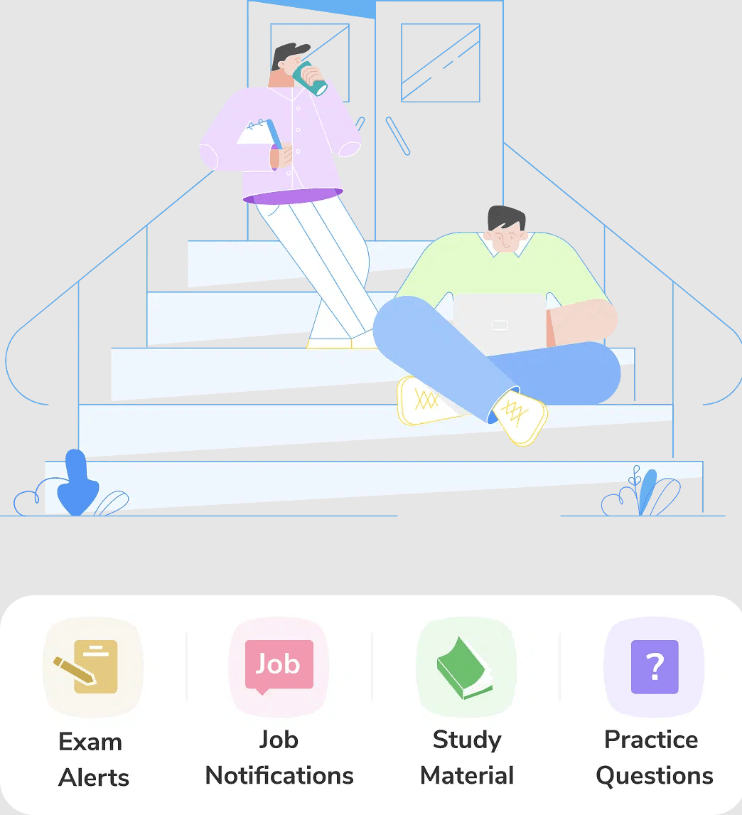Post Name : One Nation One Ration Card Scheme
Post Date : 14 May , 2024
Post Description : The One Nation One Ration Card Scheme (ONORCS) is a pioneering initiative established by the Government of India to promote the smooth migration of ration cards across states and Union Territories (UTs). This program strives to ensure food security for all qualified beneficiaries by allowing them to access their entitled food grains through the Public Distribution System (PDS) at any fair price store (FPS) around the country.
Understanding the Need for One Nation One Ration Card Scheme
- Challenges in the Existing System
- Geographical Restrictions: The existing ration card system limits beneficiaries to purchase subsidized food grains only from FPSs in their respective states or UTs.
- Mobility Issues: Migrant workers and economically disadvantaged individuals face difficulties accessing PDS benefits when they move to different locations for work or other purposes.
- Duplication and Leakage: Inefficient targeting and lack of transparency in the distribution system result in leakage of food grains and exclusion of deserving beneficiaries.
- Rationale for ONORCS
- Universal Access: ONORCS aims to provide universal access to PDS benefits, ensuring that all eligible beneficiaries receive their entitlements, regardless of their location.
- Ease of Access: Facilitating portability of ration cards enables beneficiaries to access subsidized food grains conveniently, promoting social inclusion and reducing food insecurity.
- Leakage Prevention: Digitization and Aadhaar seeding of ration cards help eliminate duplicate and fake cards, reducing leakage and ensuring efficient targeting of subsidies.
Key Components of One Nation One Ration Card Scheme
- Integrated Management of PDS
- Aadhaar Seeding: Linking of ration cards with Aadhaar to establish a unique identity for beneficiaries and prevent duplication.
- Centralized Database: Creating a centralized database of ration cards and beneficiaries to enable real-time verification and monitoring of transactions.
- Electronic Point of Sale (ePOS) Devices: Installation of ePOS machines at FPSs to digitize transactions and authenticate beneficiaries using biometric authentication.
- Inter-State Portability
- Seamless Access: Allowing beneficiaries to access their entitlements from any FPS across the country by authenticating their identity through Aadhaar-based biometric authentication.
- Real-Time Transaction Tracking: Monitoring of transactions in real-time to prevent misuse and ensure transparency in the distribution of food grains.
- Capacity Building and Awareness
- Beneficiary Education: Conducting awareness campaigns and training sessions to educate beneficiaries about the benefits and usage of ONORCS.
- Training of FPS Dealers: Providing training to FPS dealers on the use of ePOS devices and adherence to transparency and accountability norms.
- Feedback Mechanism
- Grievance Redressal Mechanism: Establishing a robust grievance redressal system to address complaints and feedback from beneficiaries regarding the implementation of ONORCS.
- Continuous Monitoring and Evaluation: Regular monitoring and evaluation of the scheme’s performance to identify bottlenecks and areas for improvement.
Implementation Challenges and Strategies of One Nation One Ration Card Scheme
- Technological Infrastructure
- Upgradation of IT Systems: Investing in the development and upgradation of IT infrastructure to support the seamless operation of ONORCS across states and UTs.
- Connectivity in Remote Areas: Ensuring connectivity in remote and rural areas to enable real-time authentication and transaction processing at FPSs.
- Coordination Among States
- Interstate Collaboration: Facilitating coordination among states and UTs to ensure interoperability of IT systems and seamless access to PDS benefits for migrant beneficiaries.
- Standardization of Processes: Harmonizing processes and procedures across states to facilitate the smooth implementation of ONORCS.
- Awareness and Capacity Building
- Targeted Communication: Conducting targeted communication campaigns to reach out to vulnerable and marginalized communities and educate them about the benefits of ONORCS.
- Training and Sensitization: Providing training and sensitization sessions to government officials, FPS dealers, and other stakeholders to ensure effective implementation and adherence to guidelines.
Also check : Prime Minister Street Vendor’s AtmaNirbhar Nidhi
Expected Outcomes and Impact of One Nation One Ration Card Scheme
- Enhanced Food Security
- Improved Access: ONORCS ensures that eligible beneficiaries have access to subsidized food grains irrespective of their location, reducing food insecurity and hunger.
- Reduction in Leakages: Digitization and Aadhaar seeding help eliminate duplicate and fake ration cards, reducing leakages and ensuring efficient targeting of subsidies.
- Social Inclusion
- Empowerment of Migrants: ONORCS empowers migrant workers and economically disadvantaged individuals by enabling them to access PDS benefits wherever they go, promoting social inclusion and mobility.
- Gender Empowerment: Enhanced access to PDS benefits under ONORCS can particularly benefit women-headed households, empowering them economically and improving their nutritional status.
- Efficient Governance
- Transparency and Accountability: Digitization and real-time monitoring of PDS transactions under ONORCS enhance transparency and accountability in the distribution system, reducing corruption and ensuring efficient governance.
- Data-Driven Policy Making: Access to real-time data on PDS transactions enables policymakers to make informed decisions and optimize resource allocation for better outcomes.
The One Nation One Ration Card Scheme (ONORCS) represents a significant step towards ensuring food security for all in India. By facilitating the seamless portability of ration cards and enabling beneficiaries to access their entitlements from any FPS across the country, ONORCS promotes social inclusion, reduces food insecurity, and enhances transparency in the distribution of PDS benefits. Through effective implementation, capacity building, and continuous monitoring, ONORCS has the potential to transform the public distribution system, empower vulnerable communities, and contribute to India’s journey towards inclusive and sustainable development.


